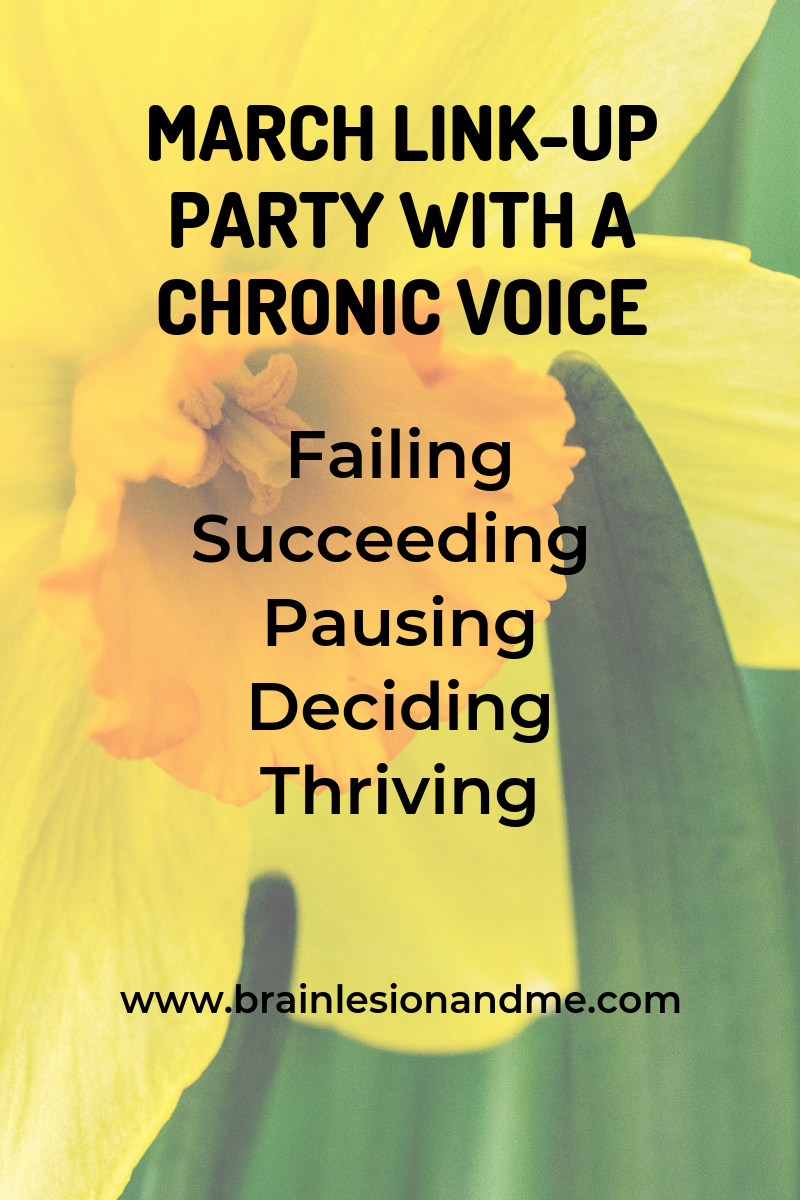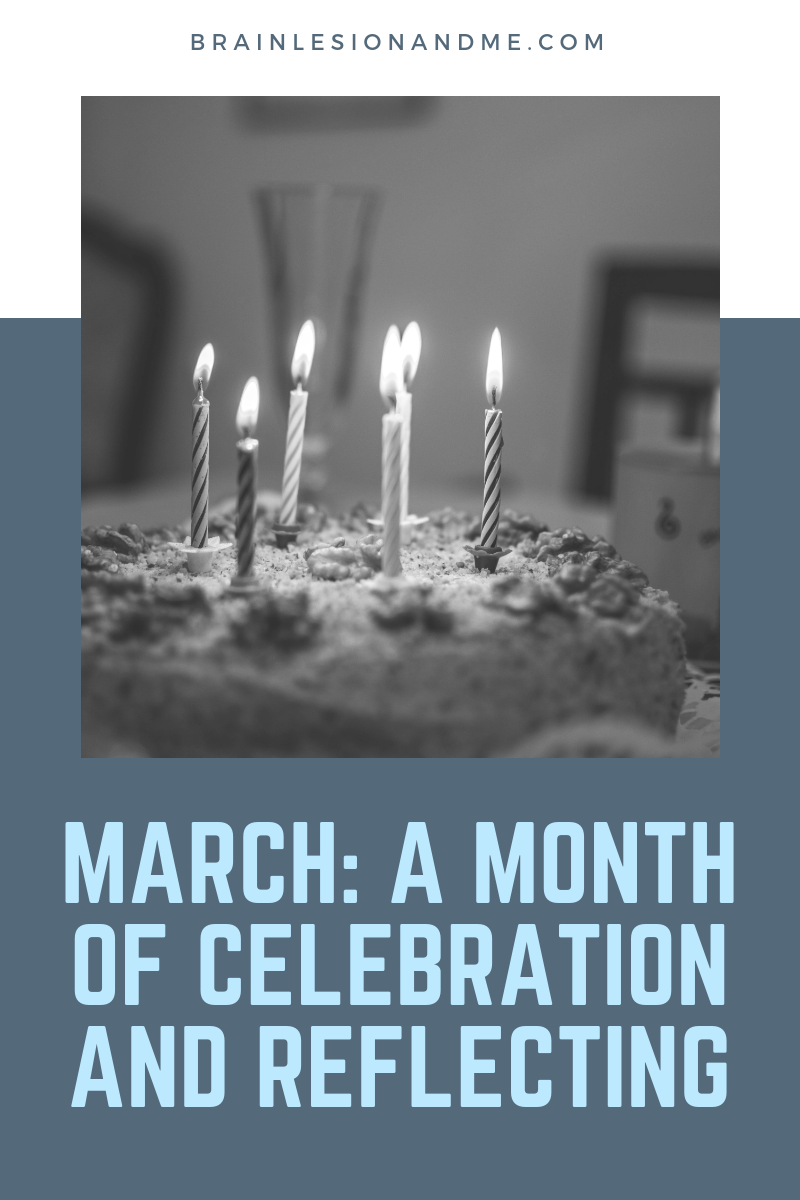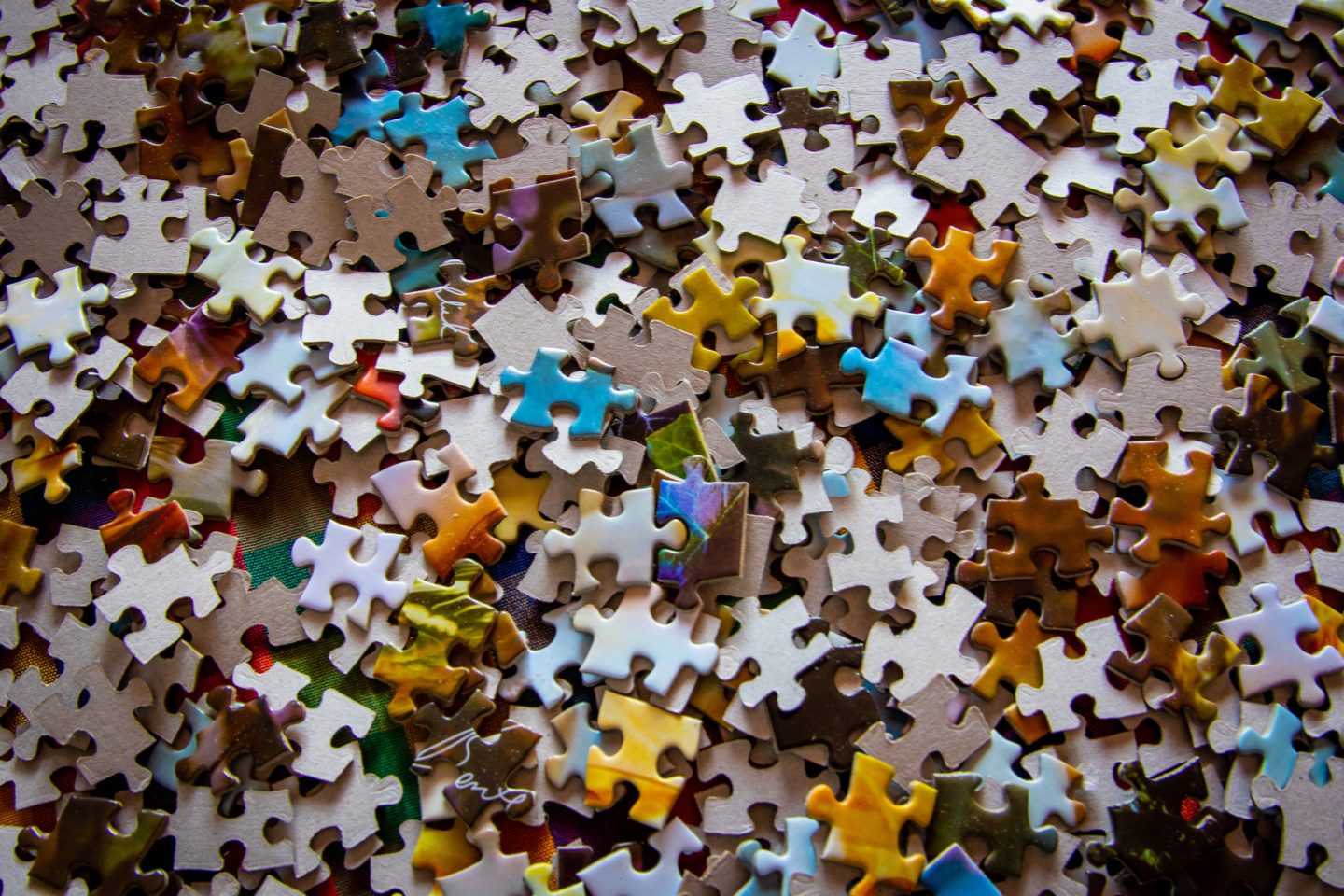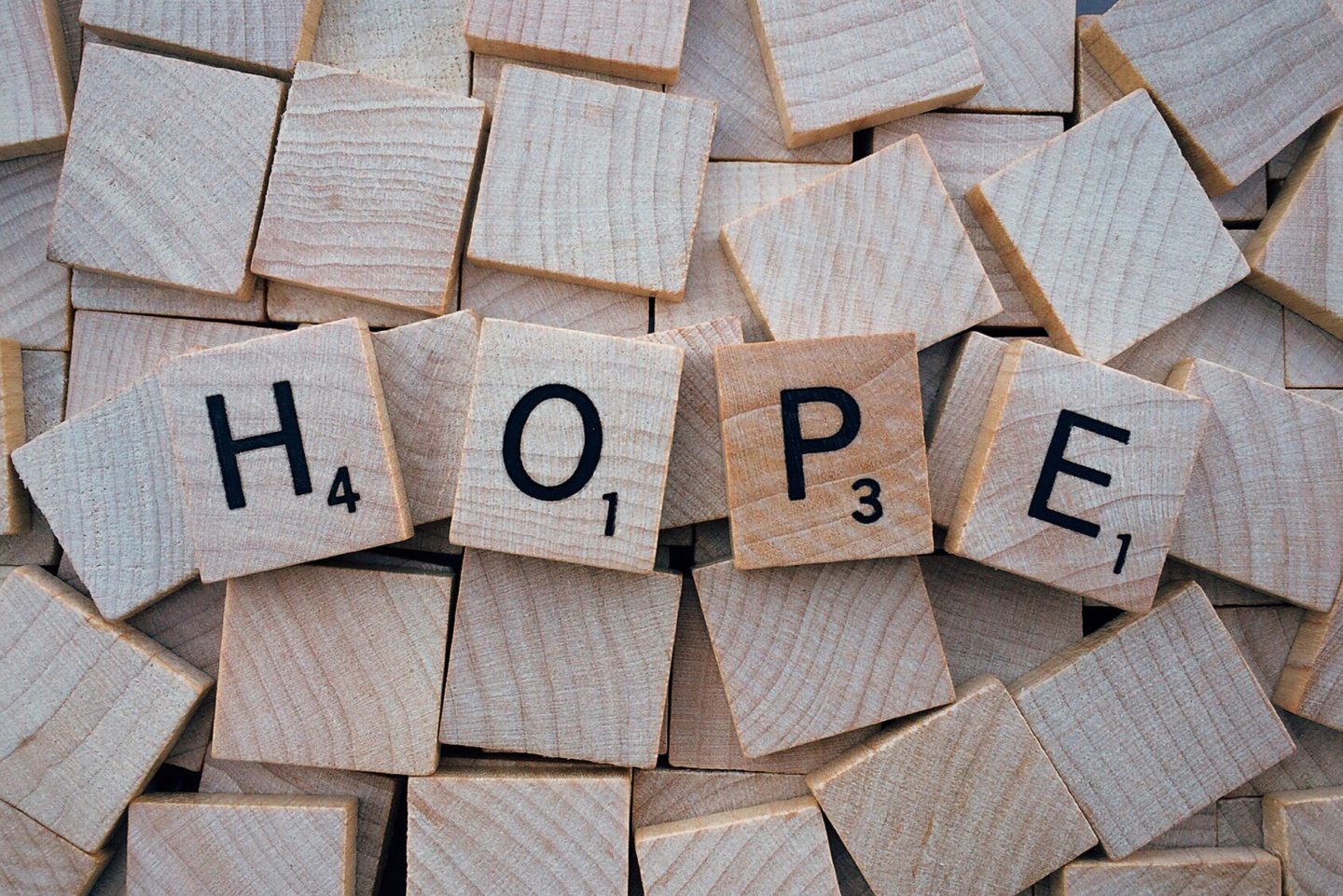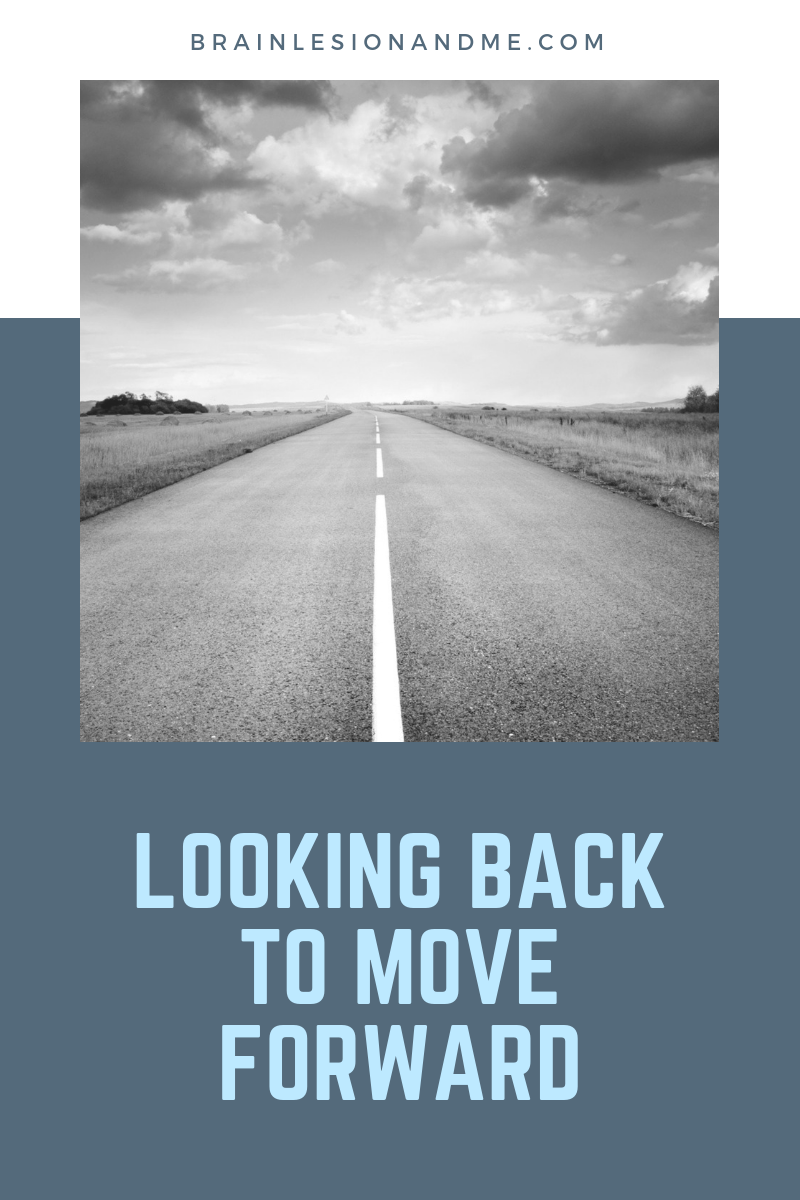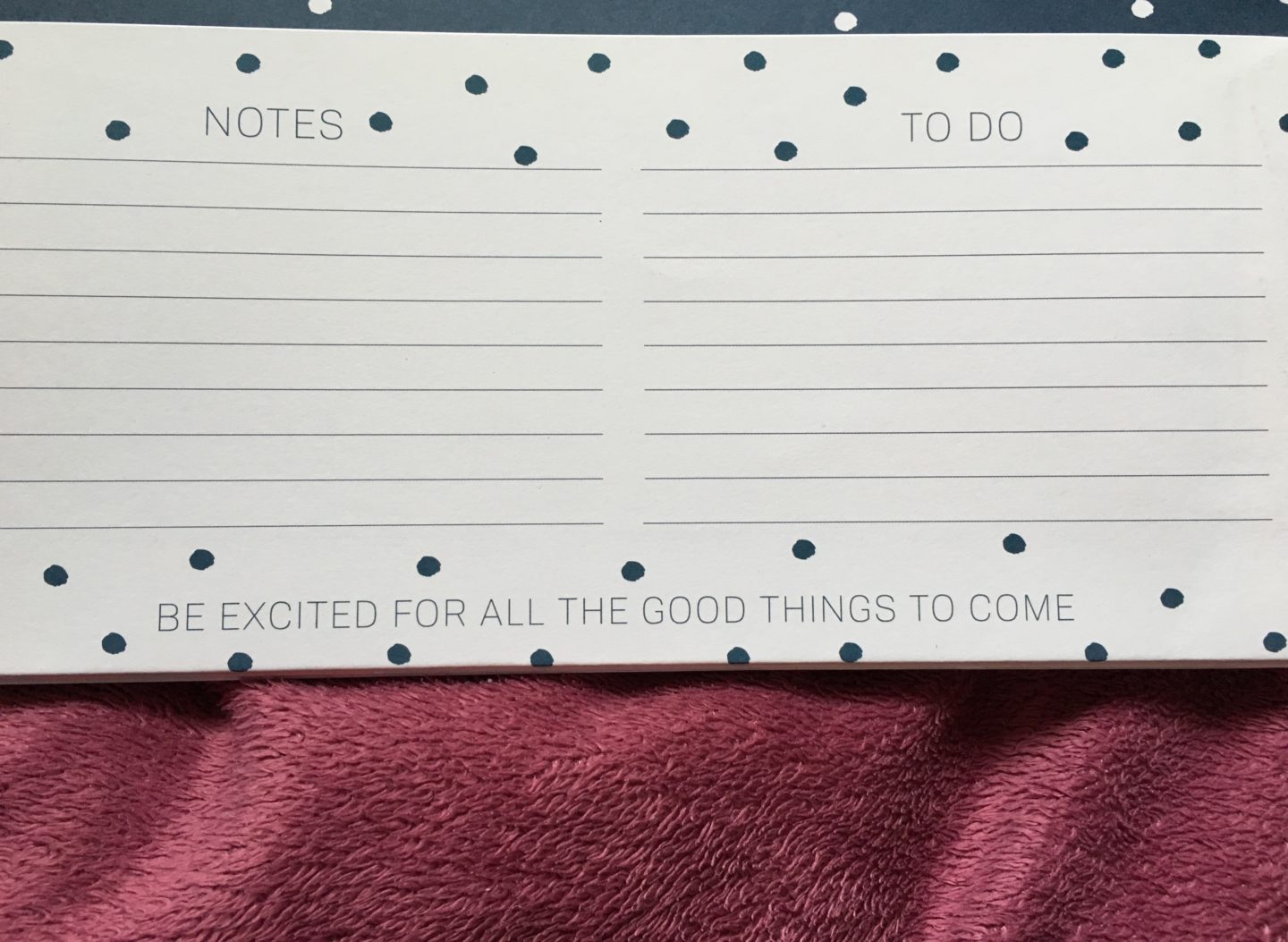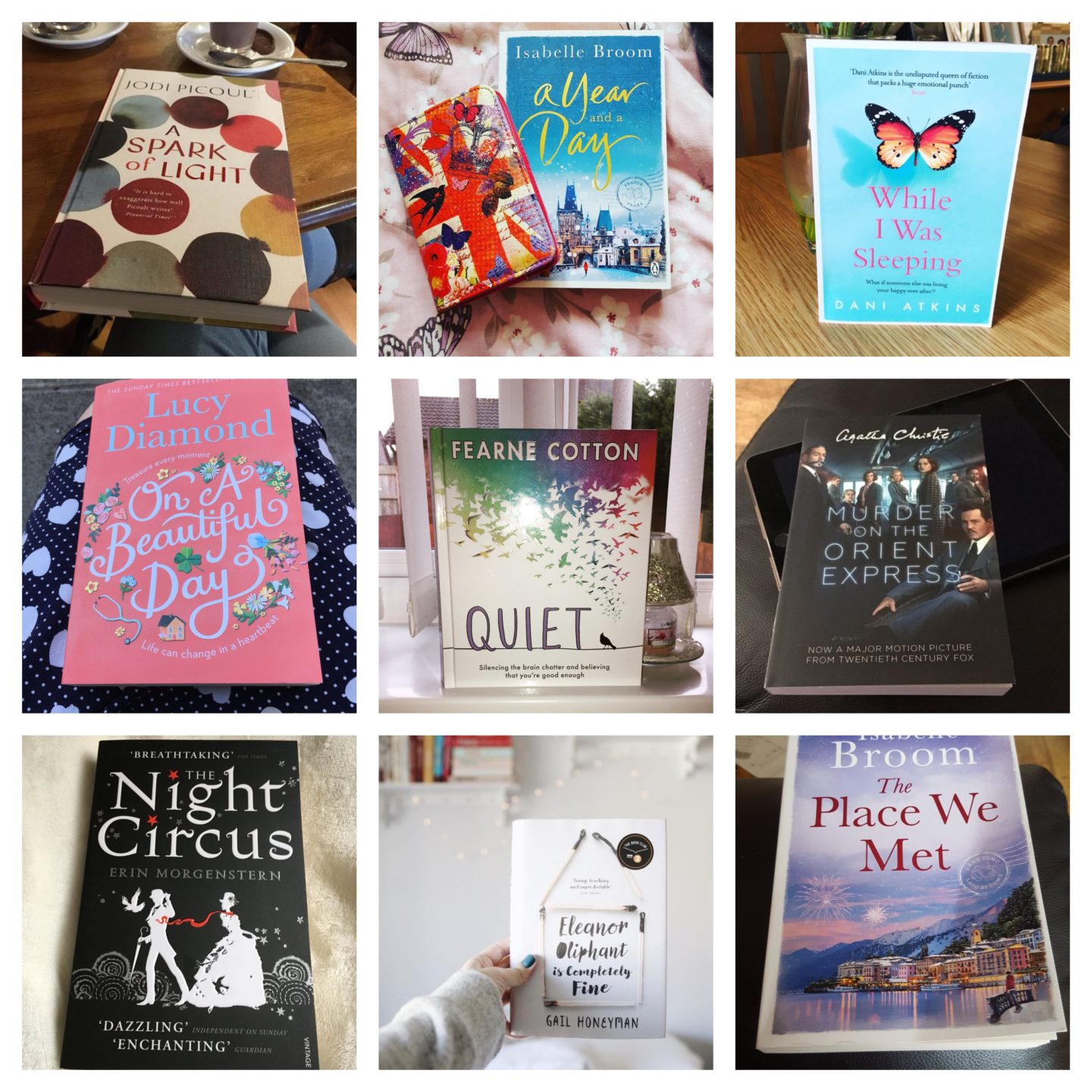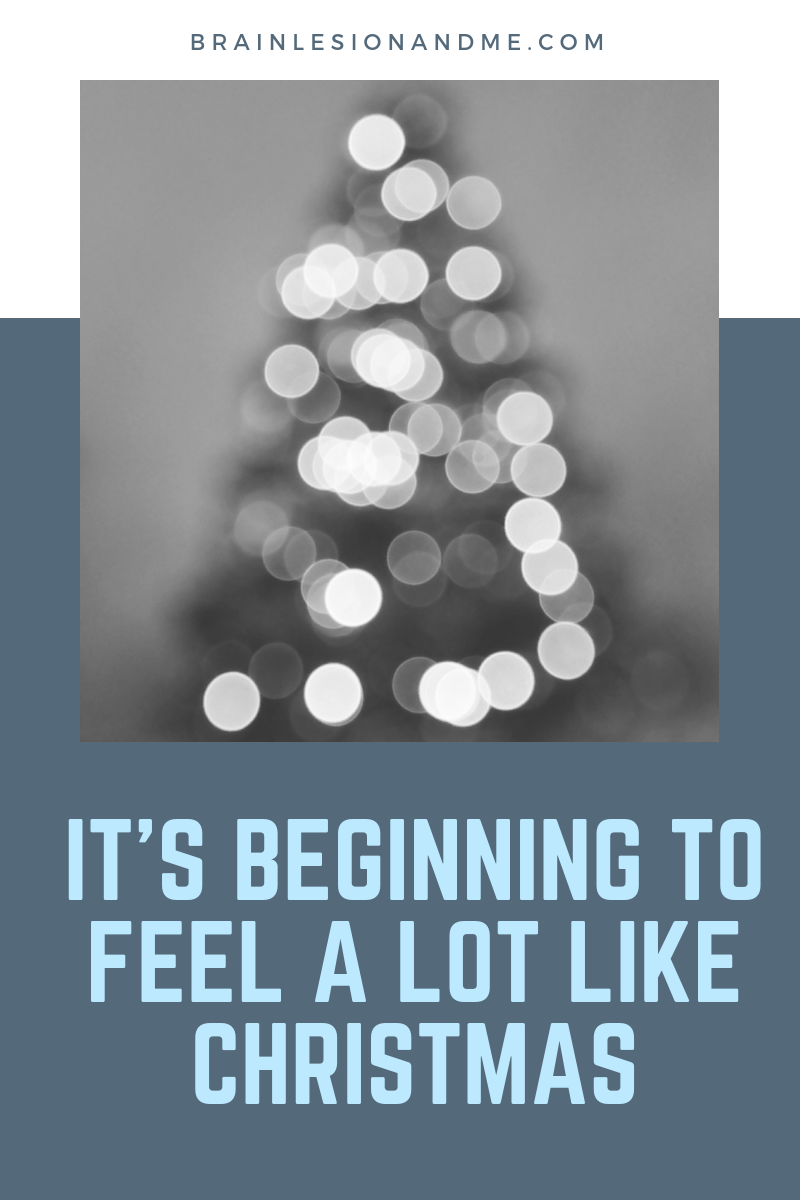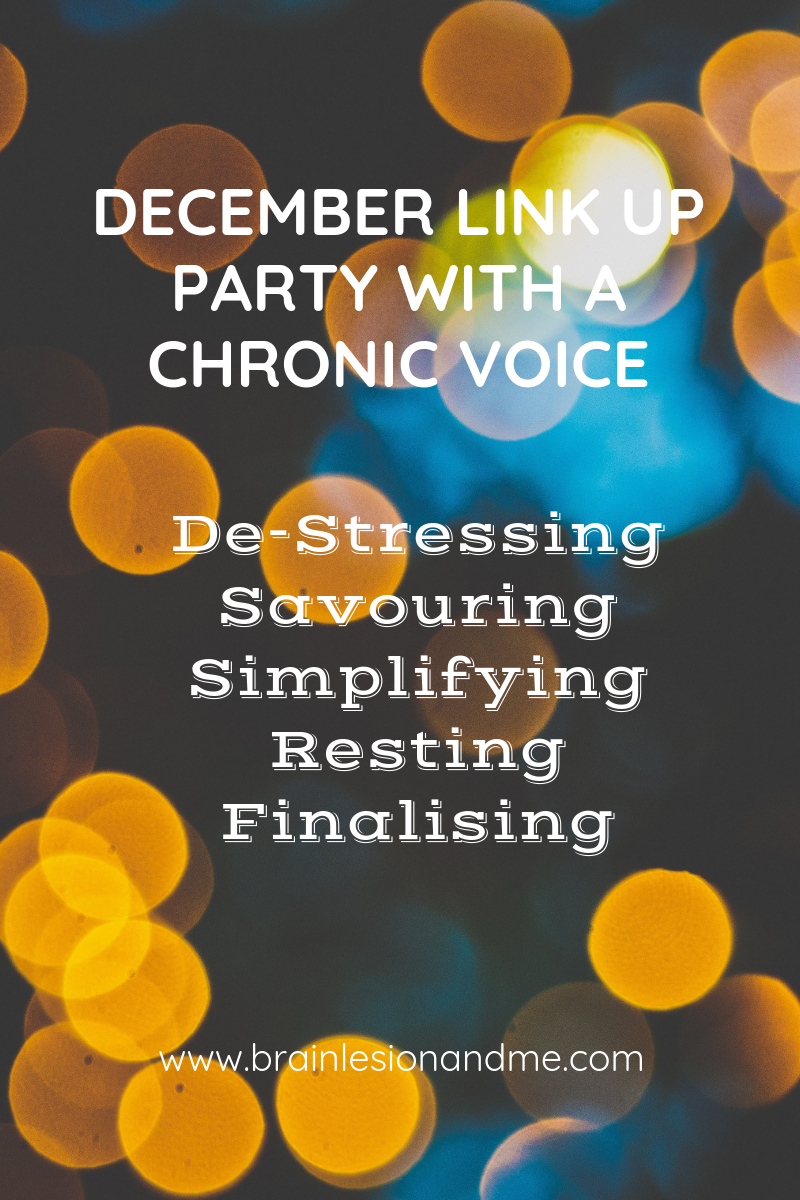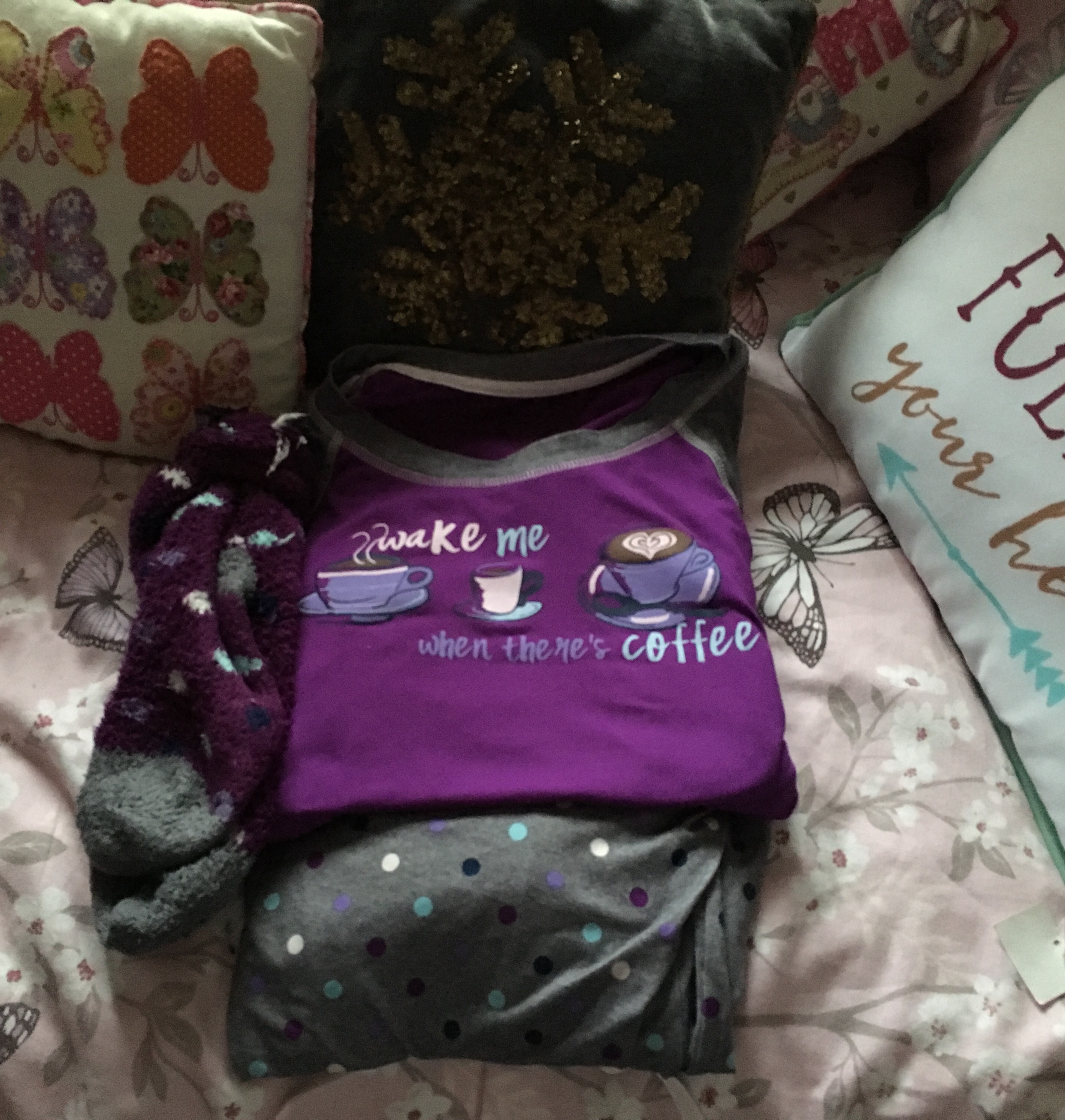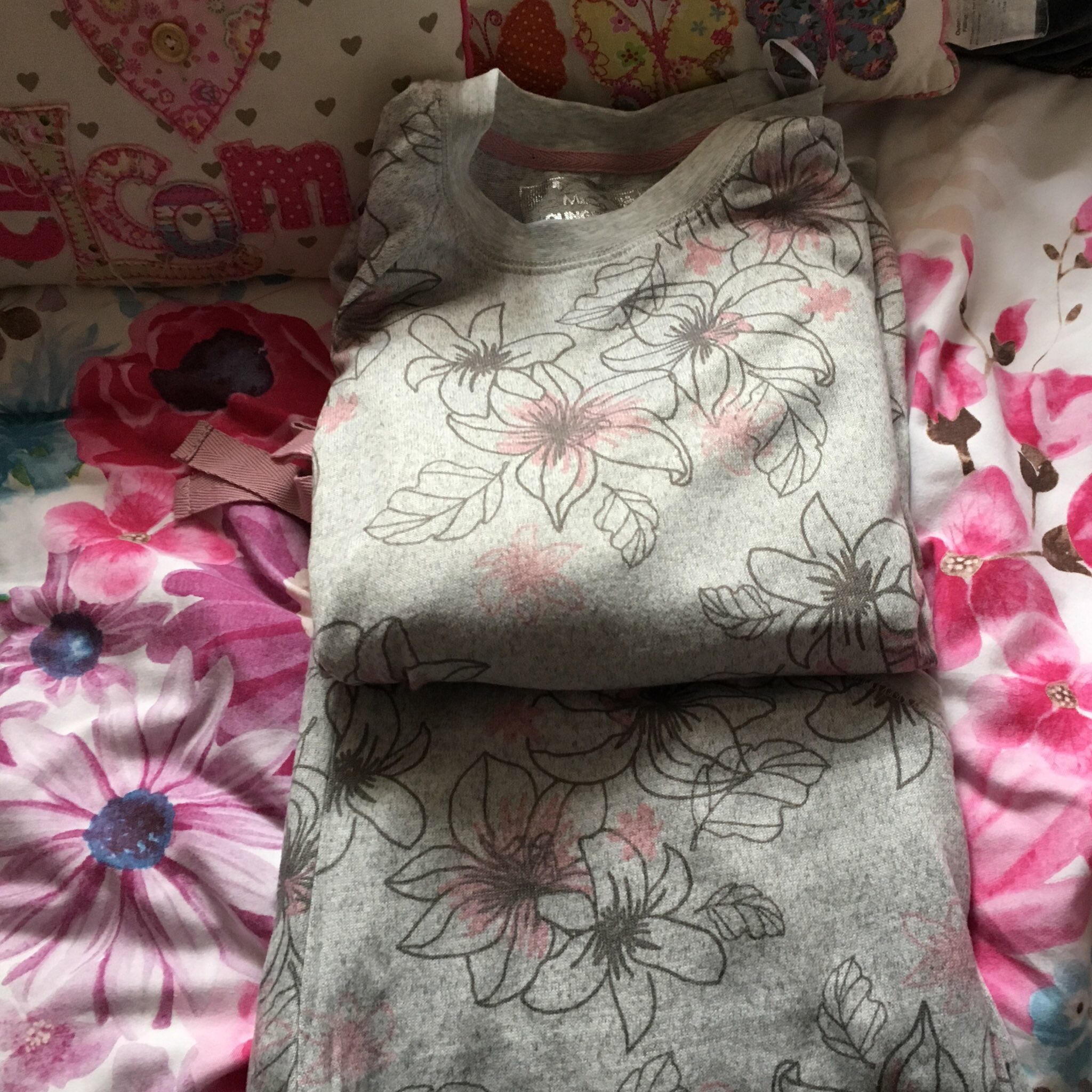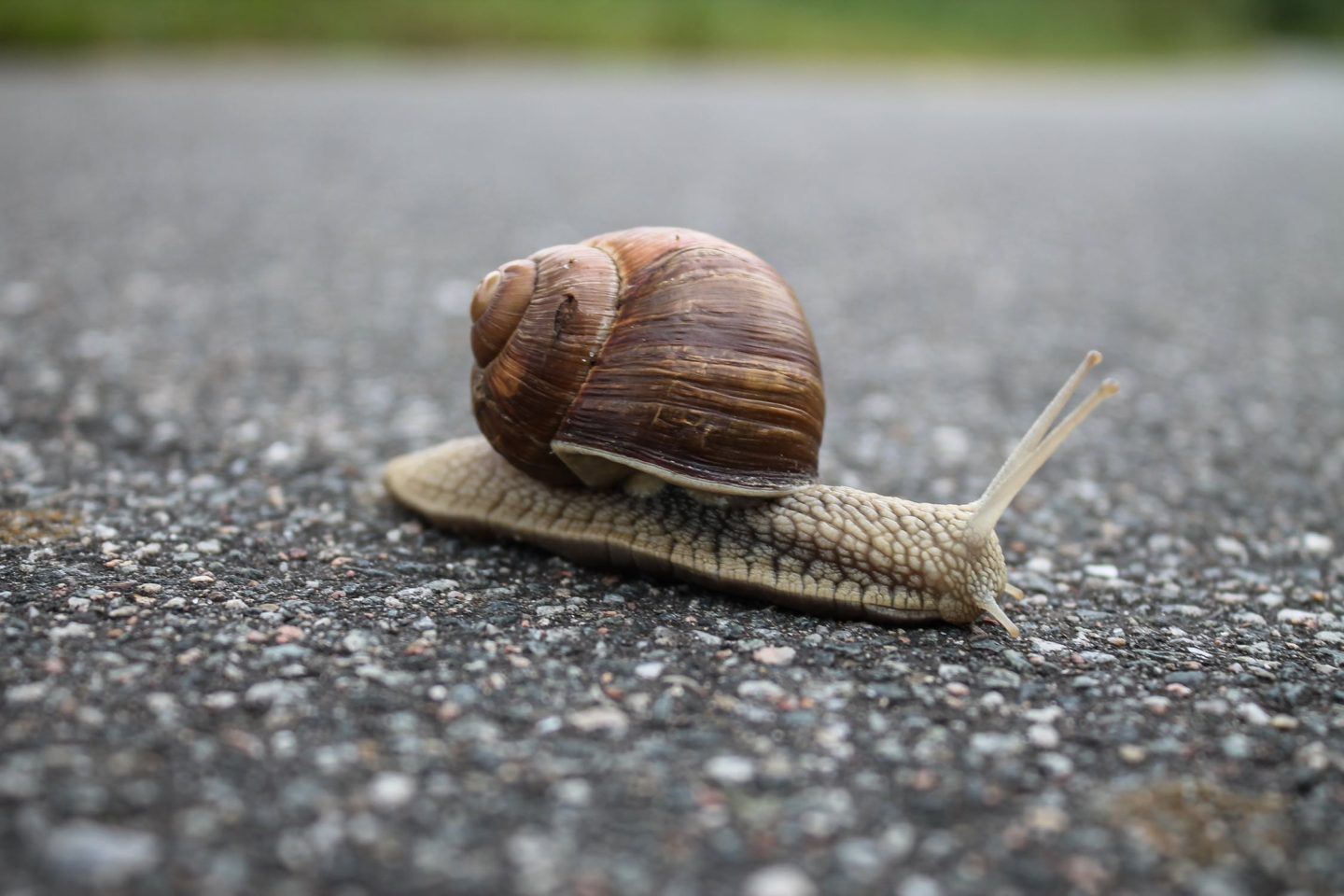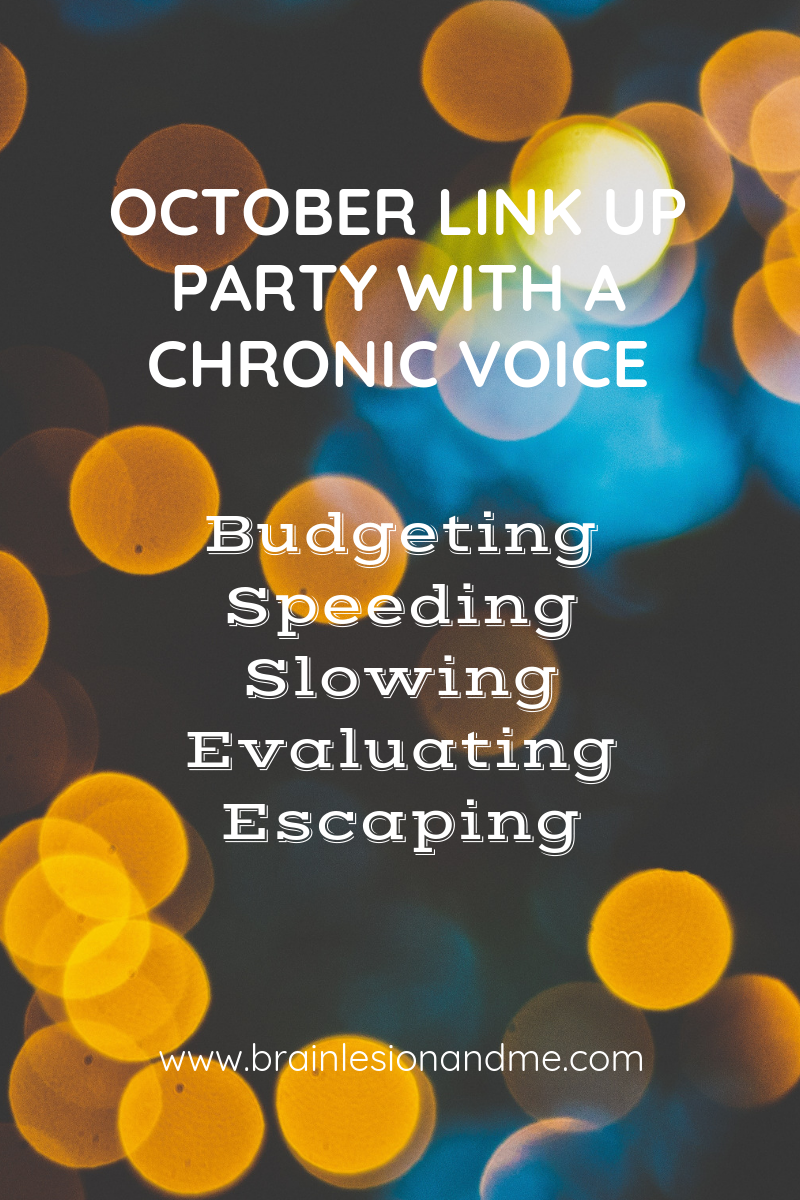Sheryl from A Chronic Voice, as well as sharing her own stories and lessons with chronic illness. Sheryl is an excellent support to other bloggers and writers living with illness and chronic pain. One such way is through monthly link-up parties whereby bloggers and writers share their stories through given prompts. Because March is also the month where my birthday falls, I thought I would use this month’s prompts to discuss the impact of celebrating birthdays when living with chronic illness.
Failing at Life Because of Illness
Failing: Noun. An act or instance of failing; failure.
2. A defect or fault; shortcoming; weakness
March is a busy month in the household, with both my Mum and I celebrating birthdays during these thirty one days.
Like many living with a chronic illness, birthdays, although as much as they are often enjoyable they can also prove to be bittersweet.
"When living with chronic illness, birthdays can be bittersweet as it is a reminder that we have lost another year to it." Click To TweetBirthdays can be a time of reflection. To reflect on the year since we celebrated our last birthday. And reflecting on life, that we have led since our birth, and the life we thought we thought we would have had. As such, it is often a painful reminder that we have lost yet another year to chronic illness.

Chronic illness is like a kidnapper, holding you hostage, unable to escape. It forces you into isolation, with limited access to the outside world. Time has frozen, and our lives are stuck on pause while the outside world moves fast and everyone else’s life continues unsilenced and unaffected by illness’s grip.
"Time can often feel it's frozen. That our lives are stuck on pause while the outside world moves fast, and everyone else's lives continue unsilenced and unaffected by chronic illness." Click To TweetAs such, we can believe that we are failing. It feels like we are failing; that we are a failure because of everything we are unable to do and failing because of the lack of independence and the need to be reliant on others.
Our minds falsely
Succeeding Past The Limitations of Chronic Illness
Succeeding: Verb. To thrive, prosper, grow, or the like
2. To come next after something else in an order or series
However, perhaps we need to change how we view our circumstances.
Instead, of regarding birthdays as a reminder of what we have lost because of chronic illness, perhaps we need to celebrate another year of surviving. That we are succeeding despite the limitations that chronic illness enforces on us.
To acknowledge the successes and everything that we haven’t lost because of our conditions. Often the progress seen when living with chronic illness is slow and can often feel as if we are not making any progress at all.
"We are succeeding over pain and illness whenever we triumph over the limitations they impose upon our life. We are taking control back from chronic illness whenever we achieve anything despite the constraints they inflict." Click To TweetBut the truth is, we are succeeding over pain and illness whenever we triumph over the limitations they impose on our lives. Whenever we achieve anything despite the constraints that it inflicts we are taking back control chronic illness already has.

We are succeeding when we decide to make the most of the life we have now instead of wishing we were well, or waiting until we are well until we start to live life again.
This year I succeeded over the neurological condition I was diagnosed with by going on another cruise, making the most of it despite debilitating and excruciating pain. Also, I overcame the anxiety and apprehension that the condition can cause to book a trip to the Harry Potter Studio Tour in London. At times, both were extremely difficult but was proof that I was living my life despite my diagnosis and was stronger than the hold it has over me.
Pausing and Reflecting on Life and on Getting Older
Pausing: Noun. A temporary stop or rest, especially in speech or action
2. A cessation of activity because of doubt or uncertainty
Taking a breath and reflecting on my life, it feels like life is pausing. On hold. It is although life is still the same as it was when I last celebrated my last birthday.
Still, I am persecuted by the same symptoms as last year: no improvement and no progression in other areas in my life. Another year passing, and so does the hope of recovering. When living with chronic illness, it often feels that nothing changes apart from the day of the week. It can feel that each day bleeds into the next, the debilitating symptoms the one constant. I desperately want to take back life away from pain and illness. Instead, I feel stuck and disheartened.
"It can often feel that nothing changes apart from the day of the week. It can feel that each day bleeds into the next, the debilitating symptoms the one constant." Click To Tweet
When I pause and look toward the future, I do so with a sense of anxiety and apprehension. I fear whether there will be further deteriorations in the symptoms and my condition that will further erode the little independence I have currently. Wondering what life will look like, often wishing that I sometimes could see it in a crystal ball but worry what I will witness if I do.
"When I look to the future, I do so with anxiety and apprehension. I fear there will be further deteriorations in the symptoms I experience and that they will further erode the little independence I have currently." Click To TweetI try and not to dwell on the what ifs, however, and instead try and pause and appreciate on what I do have. To give thanks to loving and supportive parents, that do so much but ask for little in return. The friends in my life both in real life and those I have met online. To welcome and acknowledge the beautiful and heartfelt messages of support and thanks on my blog, and to recognise the impact my words has had on those who have read them.
Deciding on A Path To Celebrate
Deciding: Verb. To solve or conclude by giving victory to one side
2. To determine or settle (something in dispute or doubt)
As I sit in my bedroom, currently disabled by pain and weakness in my legs, and thus affecting my mobility, I am deciding on how to celebrate my birthday next week.
It is hard as anyone living with an unpredictable health condition will know, planning can prove to be extremely problematic. What will tomorrow look like for us?
"I am deciding how to celebrate my birthday…When living with a never-ending condition; however, it can be problematic as we have no idea what tomorrow will look like for us." Click To TweetHow will I feel on the morning of my birthday? Will the pain, fatigue and mobility problems be kind enough to me to allow me to celebrate as planned?

These are the questions that we are silently asking in our minds, but have no answers. There are no crystal balls that we can consult to help us decide on a particular path. If I were to browse my diary, so far most of the entries recorded are marked with a question mark. It is a symbol of the many unknowns of life with a never-ending illness.
"In my diary, many of its entries are recorded with a question mark. It is a symbol of the many unknowns of life with a never-ending illness, including our future capabilities." Click To TweetIt’s not only my birthday that falls during March. My Mum also has her birthday this month, and Mother’s Day also occurs in March. As a result, I am deciding not only what to buy as presents for both these occasions, but also how am I going to buy them. Do I currently have the energy and sufficient mobility to walk around and browse many shops? Or should I forego physically visiting stores and take advantage of the many benefits of online shopping?
Thriving and Not Just Surviving Life with Chronic Illness
Thriving: Verb. To prosper; be fortunate or successful
2. To grow or develop vigorously; flourish
When going through a flare, or incapacitating troubles associated with chronic illness, it can often feel that every day we are merely surviving. But we don’t want to endure; we want to thrive despite the numerous limitations that chronic illness brings with it.
"We don't want to endure and survive; life with chronic illness. We want to thrive despite the numerous limitations that they bring with it." Click To TweetBut perhaps it only feels that we are merely surviving. Perhaps our minds are deceiving us to make us believe we are just surviving. Maybe we are thriving despite what we are led to believe. We are thriving when instead of fighting against the restraints that chronic illness has, we embrace the unpredictability and mess of our new reality.
"However, we are thriving when instead of fighting against the restraints that chronic illness has, we embrace the unpredictability and mess of our new reality." Click To TweetTo thrive sometimes involves letting go of what we cannot control, and only worrying about the battles that we have a chance of winning. Thriving is celebrating the even smallest of accomplishments, and appreciating the sheer effort and courage it took to achieve them.

To grow and succeed is to appreciate every day, yes, even the difficult days, and give thanks to each year that passes, celebrating every birthday and milestone as often our futures are so uncertain.
"To thrive is to appreciate every day, yes, even the difficult days, and give thanks to each year that passes, celebrating every birthday and milestone as often our futures are so uncertain." Click To TweetI am continuing to thrive despite all of the limitations and difficulties that this neurological disorder places in my path. On this birthday I will take the opportunity to reflect on everything I’ve done despite constant and debilitating symptoms. I will celebrate making it to another year. And although this is not the life that I had imagined for myself, I am determined to embrace and celebrate the life I do have.
